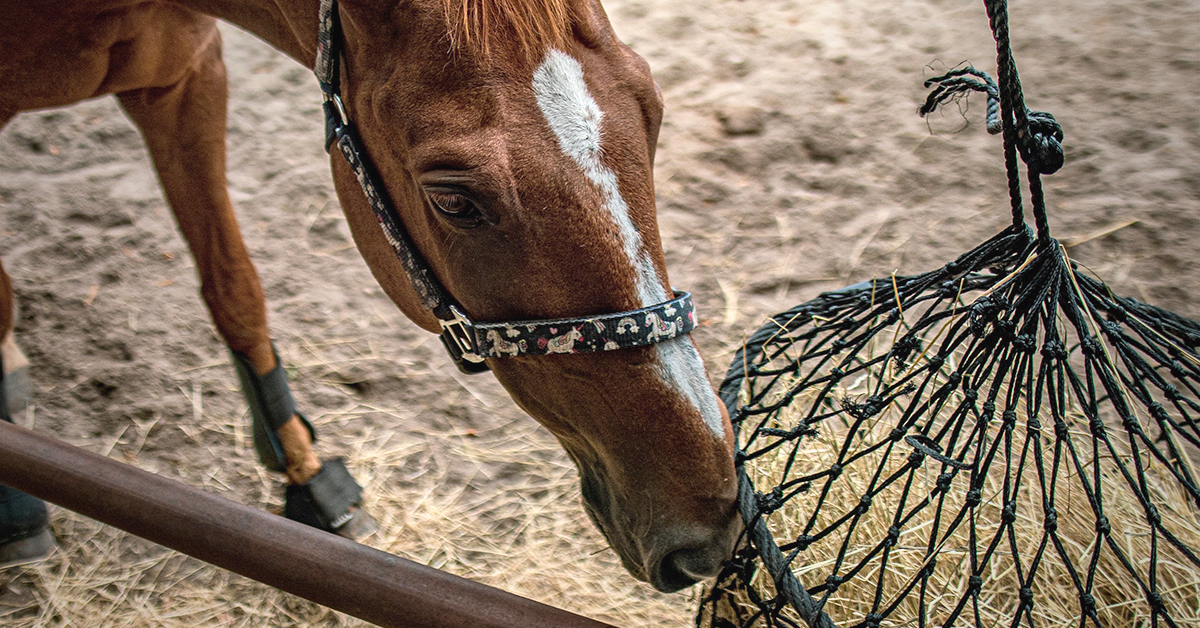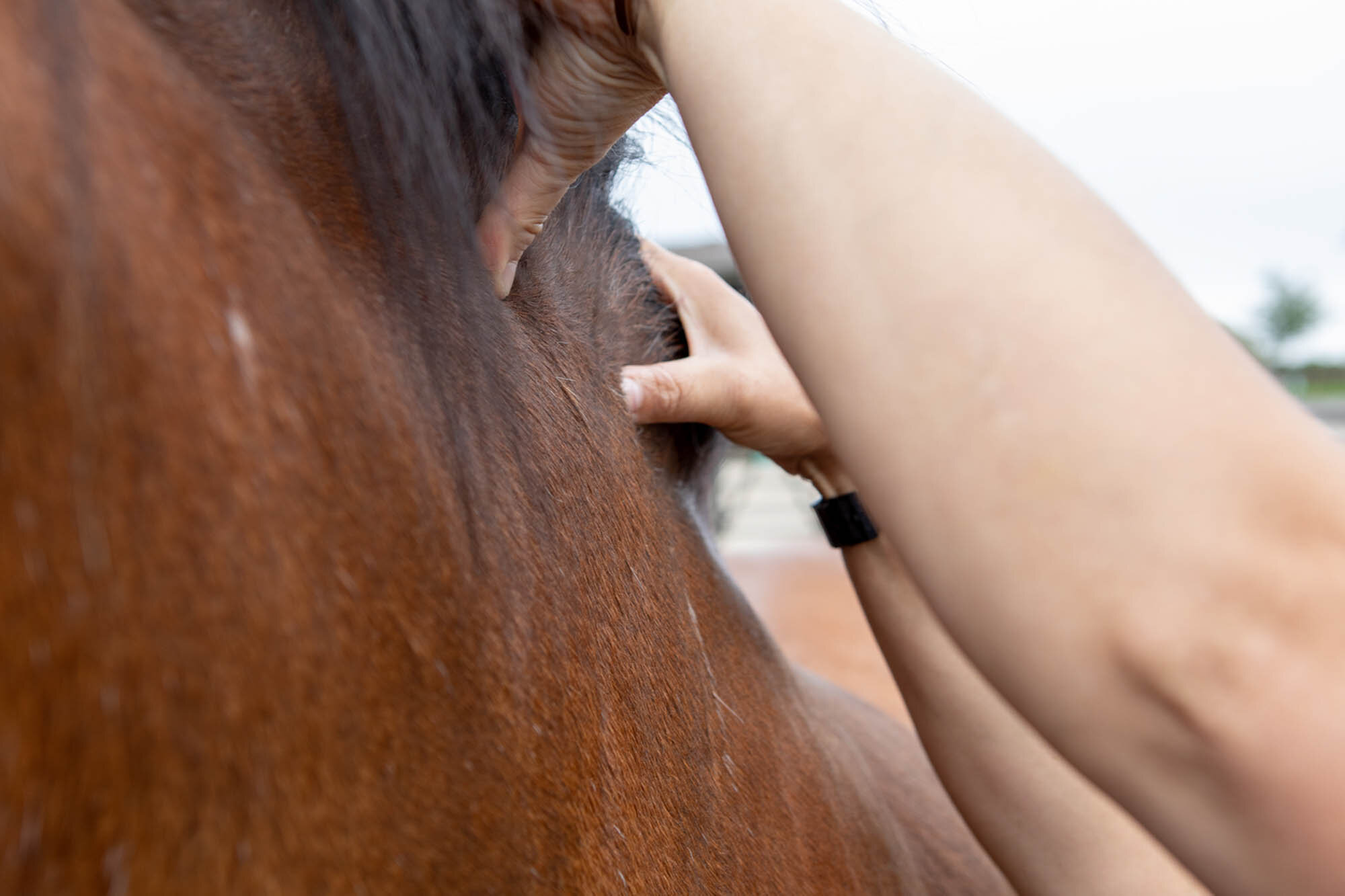Feeding Horses with Adaptation Stress: A Detailed Guide

Feeding horses during periods of adaptation stress requires careful management to support their health and well-being. Adaptation stress in horses can occur due to changes in environment, diet, workload, or social structure, and it can significantly impact their digestive system and overall condition.
Understanding Adaptation Stress in Horses

Adaptation stress refers to the physiological and psychological strain horses experience when adjusting to new conditions. This stress can lead to decreased appetite, digestive upset, and behavioral changes. Proper nutrition plays a crucial role in helping horses cope with these challenges.
Key Nutritional Considerations
| Nutritional Aspect | Importance | Recommendations |
|---|---|---|
| Fiber | Supports gut health and motility | Provide high-quality forage like hay or pasture |
| Energy | Maintains body condition and energy levels | Use easily digestible carbohydrates and fats |
| Protein | Supports tissue repair and immune function | Include moderate amounts of high-quality protein sources |
| Electrolytes | Replenish minerals lost through stress | Supplement with salt blocks or electrolyte mixes |
| Water | Essential for digestion and hydration | Ensure constant access to clean, fresh water |
Feeding Strategies During Adaptation Stress
- Gradual Diet Changes: Introduce new feeds slowly over 7-10 days to minimize digestive upset.
- Small, Frequent Meals: Helps maintain steady energy levels and reduces stress on the digestive system.
- Use of Probiotics and Prebiotics: Supports gut microbiota balance and improves digestion.
- Monitor Body Condition: Regularly assess weight and adjust feed accordingly.
Signs of Feeding-Related Stress
- Loss of appetite
- Colic or digestive discomfort
- Weight loss
- Changes in manure consistency
- Behavioral changes such as irritability or lethargy
FAQ: Feeding Horses with Adaptation Stress
Q1: How long does adaptation stress typically last?
A1: It varies but usually lasts from a few days to several weeks depending on the horse and the nature of the change.
Q2: Can supplements help reduce adaptation stress?
A2: Yes, supplements like probiotics, electrolytes, and certain vitamins can support the horse’s digestive health and immune system.
Q3: What are the risks of improper feeding during stress?
A3: Risks include colic, laminitis, weight loss, and compromised immune function.
Q4: Should I change the horse’s workload during adaptation stress?
A4: Yes, reducing workload can help minimize stress and allow the horse to adjust more comfortably.
Conclusion
Feeding horses experiencing adaptation stress requires a thoughtful approach that prioritizes gradual dietary changes, balanced nutrition, and close monitoring. By understanding the horse’s needs and providing supportive feeding strategies, owners can help their horses navigate stressful transitions more smoothly and maintain optimal health.
This article provides a structured, informative, and SEO-friendly overview suitable for horse owners and equine professionals looking to manage feeding during adaptation stress effectively.
